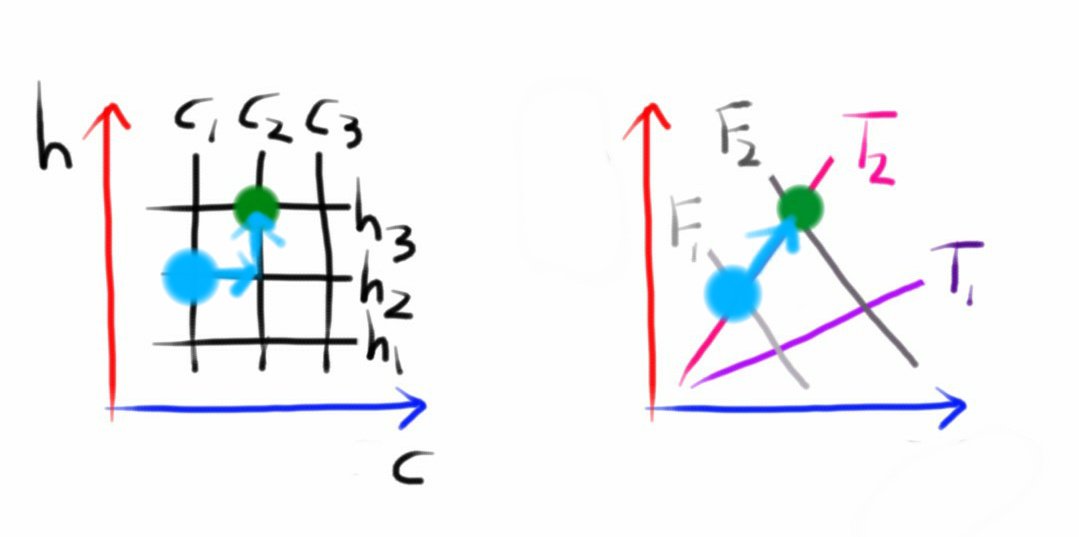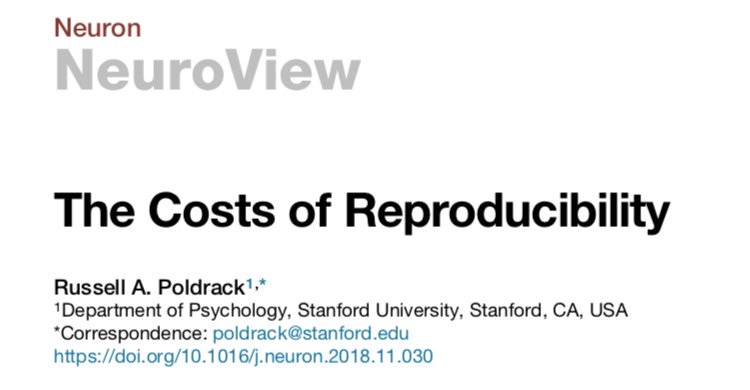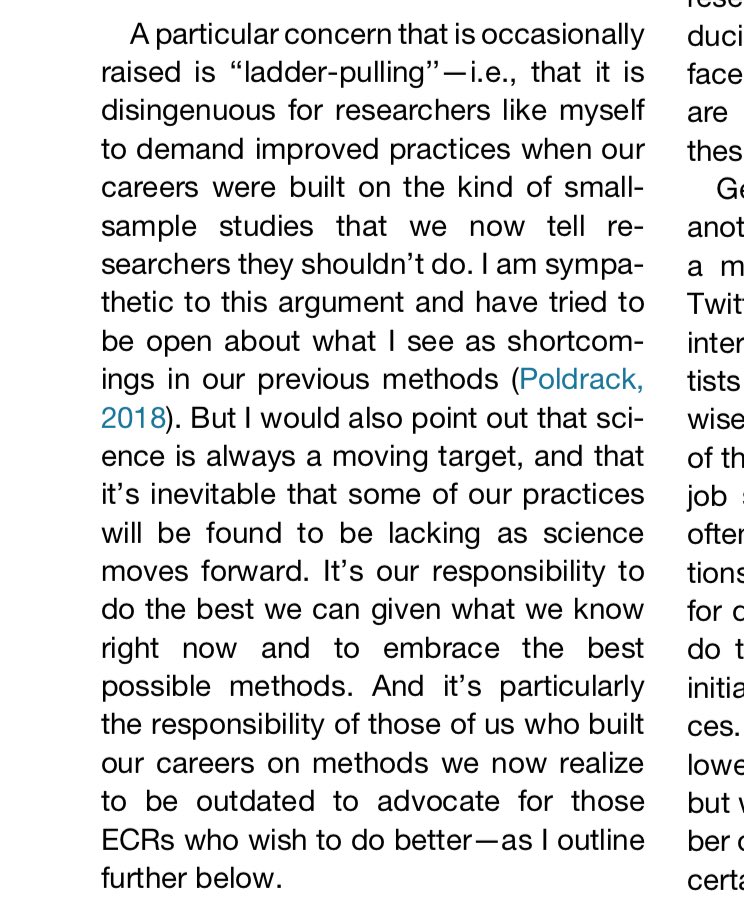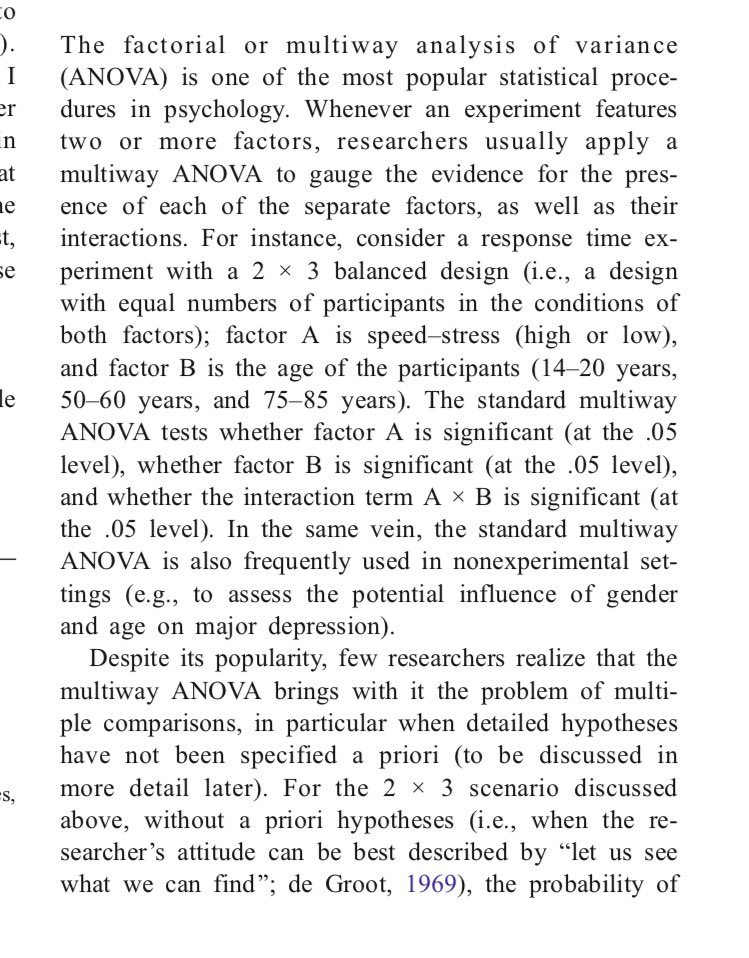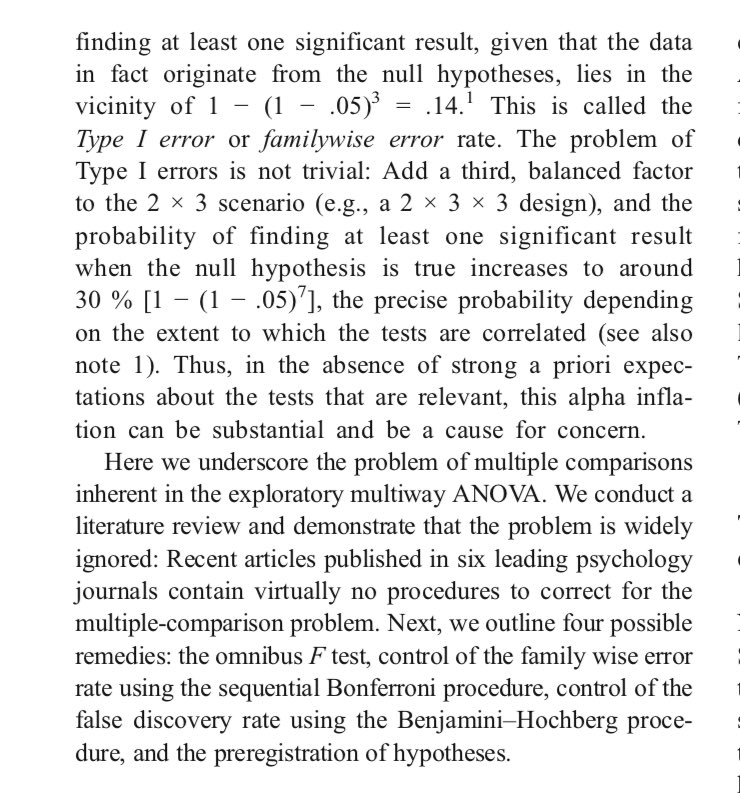This kind of "gene-for-X" story is actually very rare, despite what the news headlines often claim. So why is it true in this case?

quantamagazine.org/omnigenic-mode…. Conversely, mutations in most genes are "pleiotropic": they affect 1000s of traits.
So when would we expect a single gene to control a single trait?
Mutations in a regulatory gene of the [T,F] type will affect a single trait, leaving others unchanged.
Where would we expect to see [T,F]-type genes?
If a population is put in a new environment, individuals with mutations that affect just one fitness-enhancing trait are more likely to be selected, compared to individuals with pleiotropic mutations.
So [T,F]-type regulatory genes are evidence of recent selective pressure. In dogs, this pressure was applied by breeders, to produce interesting coats!
That's what makes it so much fun.
/fin



